Introduction
An apple a day keeps the doctor away…oh…wait, that was for humans. But what about dogs? Does the same concept apply to the man’s best friend? Are apples good for dogs? Can dogs eat apples? Generally, yes, dogs can eat apples.
Your dog enjoys munching on fruits, apples in particular, but you are not sure how to incorporate them into its diet. In this article, we will discuss the most common questions regarding dogs and apples.
Introducing new foods to a dog’s diet can be a risky business. To avoid upsetting the stomach, start small and work your way up. If there are no digestive issues, you can gradually increase the amount and frequency of giving apples.
Benefits for dogs
Apples are rich in some healthy and essential nutrients.
Carbohydrates
Carbohydrates one of the three known macronutrients, necessary for fueling the body or simply put, providing it with energy.
Vitamin C
Powerful antioxidant that combats inflammation and decreases the effects of cognitive aging.
Vitamin K
Crucial for the blood clotting cascade.
Vitamin A
Promotes good vision, healthy growth and strong immunity
Vitamin E
Strongest antioxidant responsible for fat metabolism and adequate cell functioning.
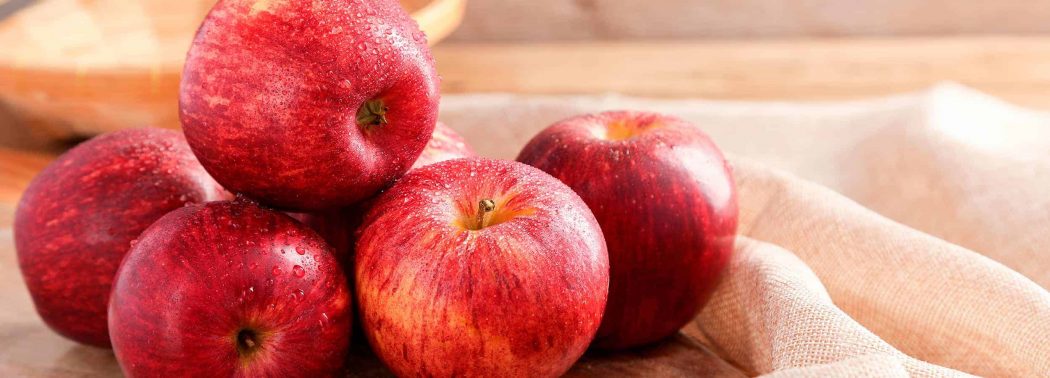
Vitamin B1
Necessary for carbohydrate metabolism and adequate brain function.
Vitamin B2
Integral part of every living cell’s metabolism.
Vitamin B6
Essential for generating glucose, hormone regulation, proper nervous system functioning and proper red blood cells functioning
Potassium
Promotes healthy heart and kidney functioning.
Copper
Important for proper bone formation and proper red blood cells functioning
Manganese
Ensures healthy digestion and adequate nutrients absorption
Dietary fiber
Dietary fiber promote proper food digestion and stimulate intestinal motility. They are particularly beneficial for dogs on weight loss regimens since they make dogs feel satiated for hours.
Phenols & Antioxidants
Apples contain high levels of phenols and antioxidants. Phenols are known for their anti-cancer, anti-viral and anti-inflammatory properties while the antioxidants for their anti-inflammatory and cancer-preventing properties
How much to feed
There is no straightforward, vet-approved guide to how much apple to feed your dog. However, on the canine food pyramid, apples are categorized as treats. Since treats should not account for more than 10% of the dog’s daily caloric intake, the average dog should not eat more than a slice or two per day.
Eating too much apple, too frequently may lead to gastrointestinal discomfort manifested with profuse diarrhea, vomiting and temporary loss of appetite.
Potential risks
Apple peel
The apple peel is not dangerous on its own. While it is true that the peel might be relatively hard to digest, our dogs are used to munch on a plethora of non-edible items which makes their stomachs extremely powerful digesting machines.
So, the peel’s hard digestibility might be a problem for some of us but it is definitely not a problem for our dogs. However, allowing your dog to eat the apple peel is not advisable because most apples are heavily treated with pesticides. Those pesticides always accumulate in the peel.
Apple core
The apple cores pose choking hazards if inhaled and can cause gastrointestinal obstruction (if swallowed). Therefore, apple cores are definitely a no-go for dogs.
Apple seeds contain a compound known as Amygdalin which during digestion converts to hydrogen cyanide. That is the same cyanide responsible for murders in crime movies. However, apple seeds contain incredibly low amounts of cyanide.
Basically for the cyanide to reach its toxic potential, a dog weighing 10kg should eat about 1000 apples seeds. If we consider that the average apple contains around 10 seeds, the dog would have to eat as much as 100 apples to become intoxicated. The average Labrador would have to eat 300 apples to develop toxicity problems.
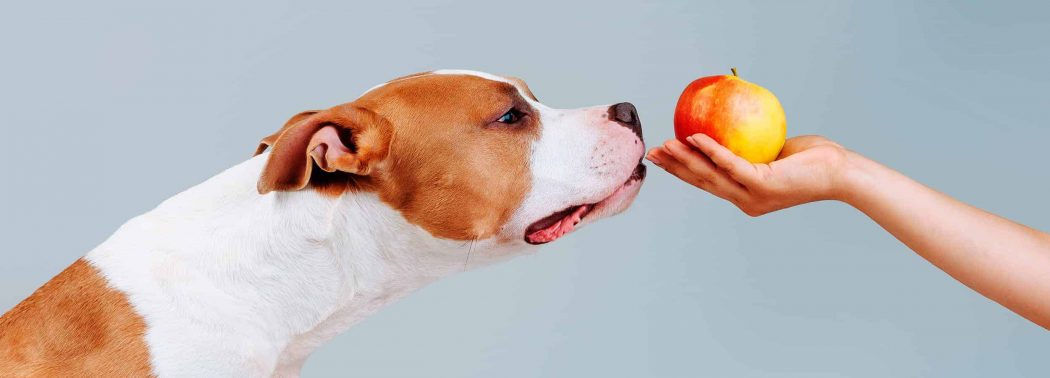
Preparing the food
From whole, cubed or sliced, to raw, cooked or incorporated in freshly-baked apple treats, when it comes to preparing apples for dog, the sky is the limit. However, just to be safe, it is important to stick to some ground rules. For example, the apples should be:
- Thoroughly washed
- Peeled
- Cored
- Have their seeds removed.
All kinds of apples are safe and suitable for dogs – from sweet varieties to tart varieties, from Red Delicious and Honeycrisp to Granny Smith and Gala.
Nevertheless, some dogs have more sophisticated palates and are likely to prefer some apple varieties over others. After all, we have our favorite apple varieties. Why should our dogs be any different?
Never give your dog apple products (juice, sauce, chips). All apple products are made of highly-processed apples. Those highly-processed apples lack the healthy nutrients, fresh apples contain. So, there are no nutritional benefits of giving them to your dog.
Plus, apple products, especially if store-bought, contain a plethora of added ingredients, some of which can even be toxic to dogs (such as the artificial sweetener named xylitol).
Serving ideas
Apples can be offered either raw or incorporated into tasty, dog-friendly treats like cookies, toppers or oven-baked chips.
When choosing the shape and size of the raw apple treats, consider your dog’s size. Larger dogs can easily snack on whole apples while smaller dogs will appreciate having their apple treats cubed or sliced in appropriately-sized chunks.
If your dog loves how apples taste, consider purchasing some of the commercially available formulas with high apple contents and strong, irresistible apple-accented flavors.
Conclusion
As already explained, if wondering whether dog can eat apples, the answer is yes. From the tiny Chihuahua to the gigantic Great Dane, all dogs can enjoy in the taste of apples. That is as long as they like how apples taste. And as long as the peel, the seeds and the core are removed before serving them on our dogs’ menus.
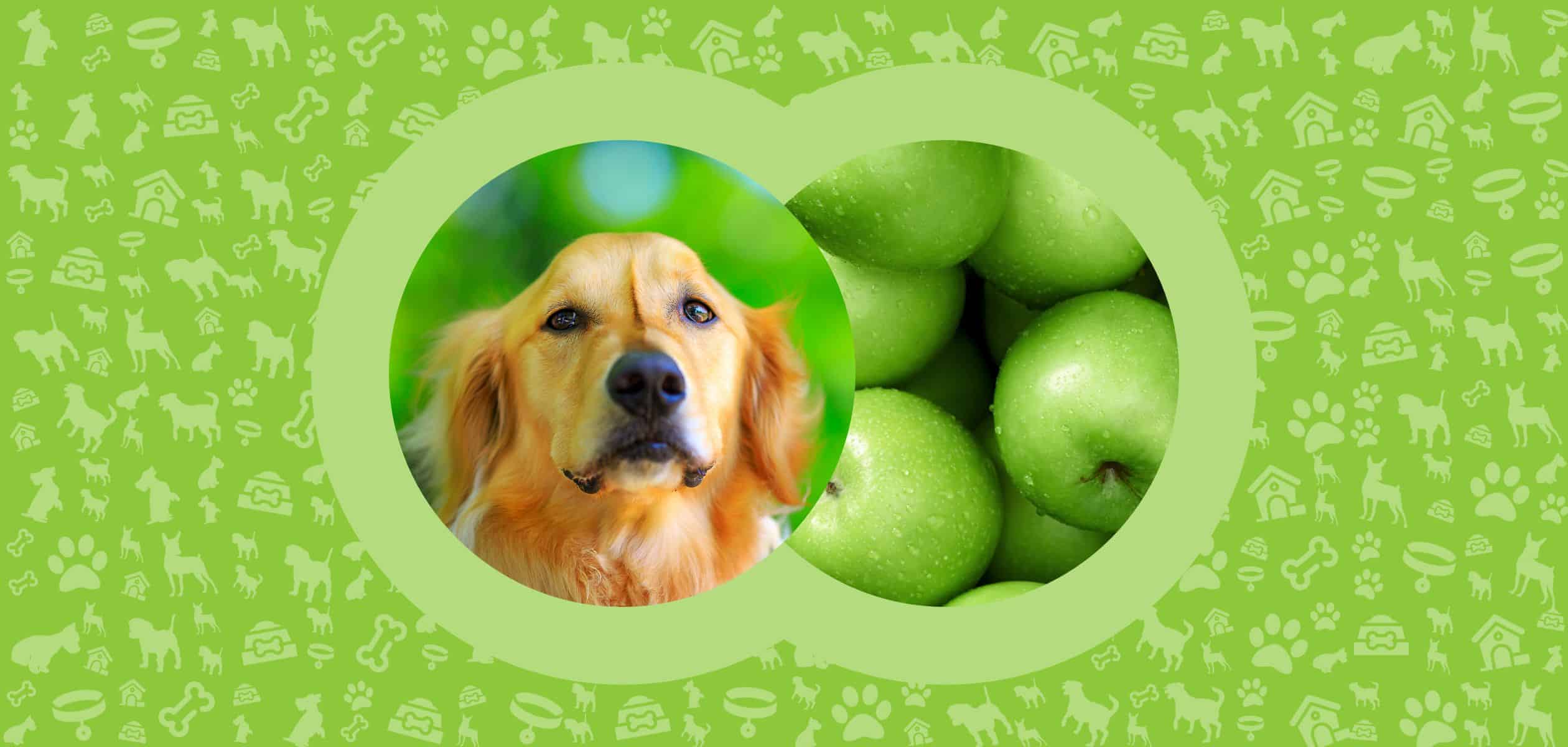
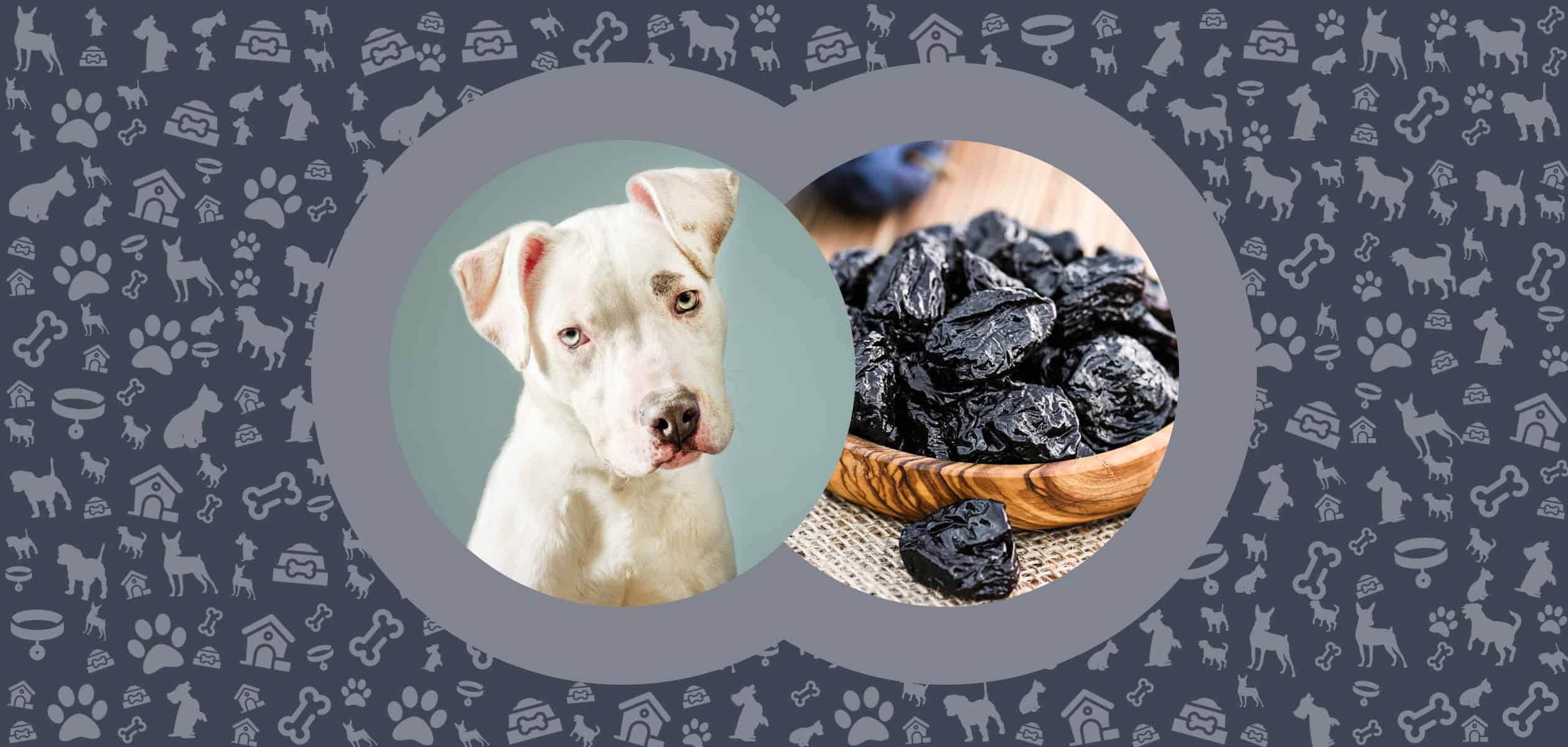
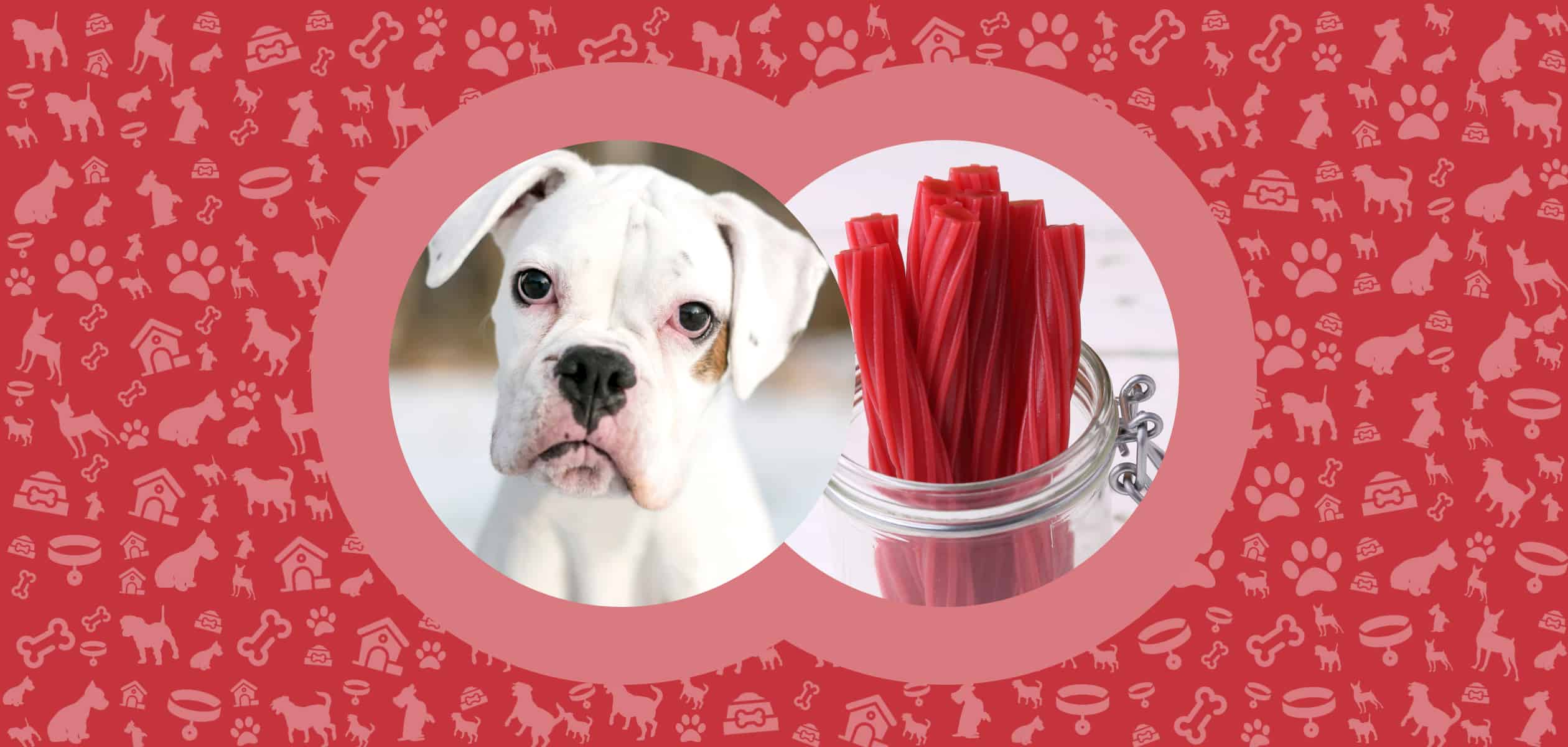
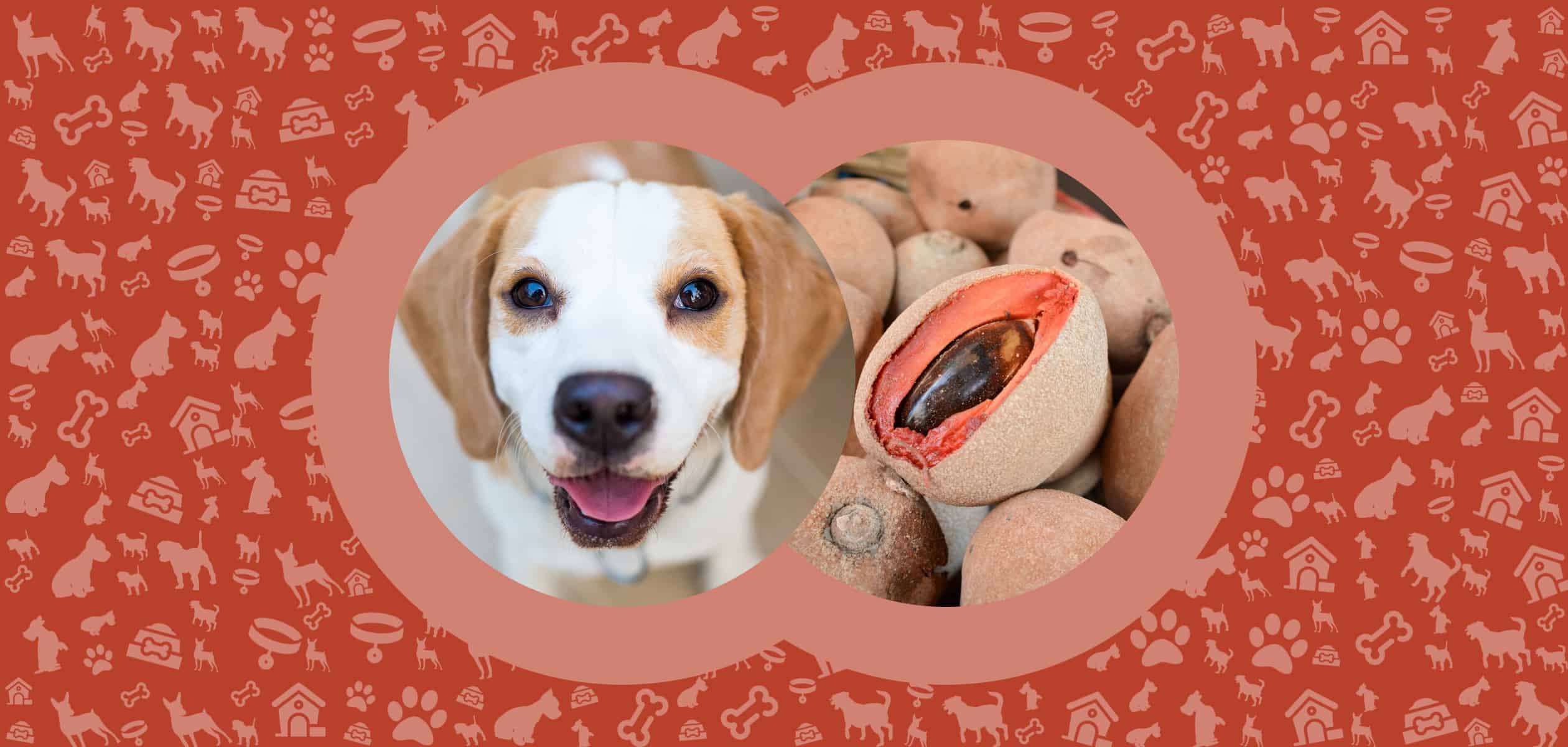
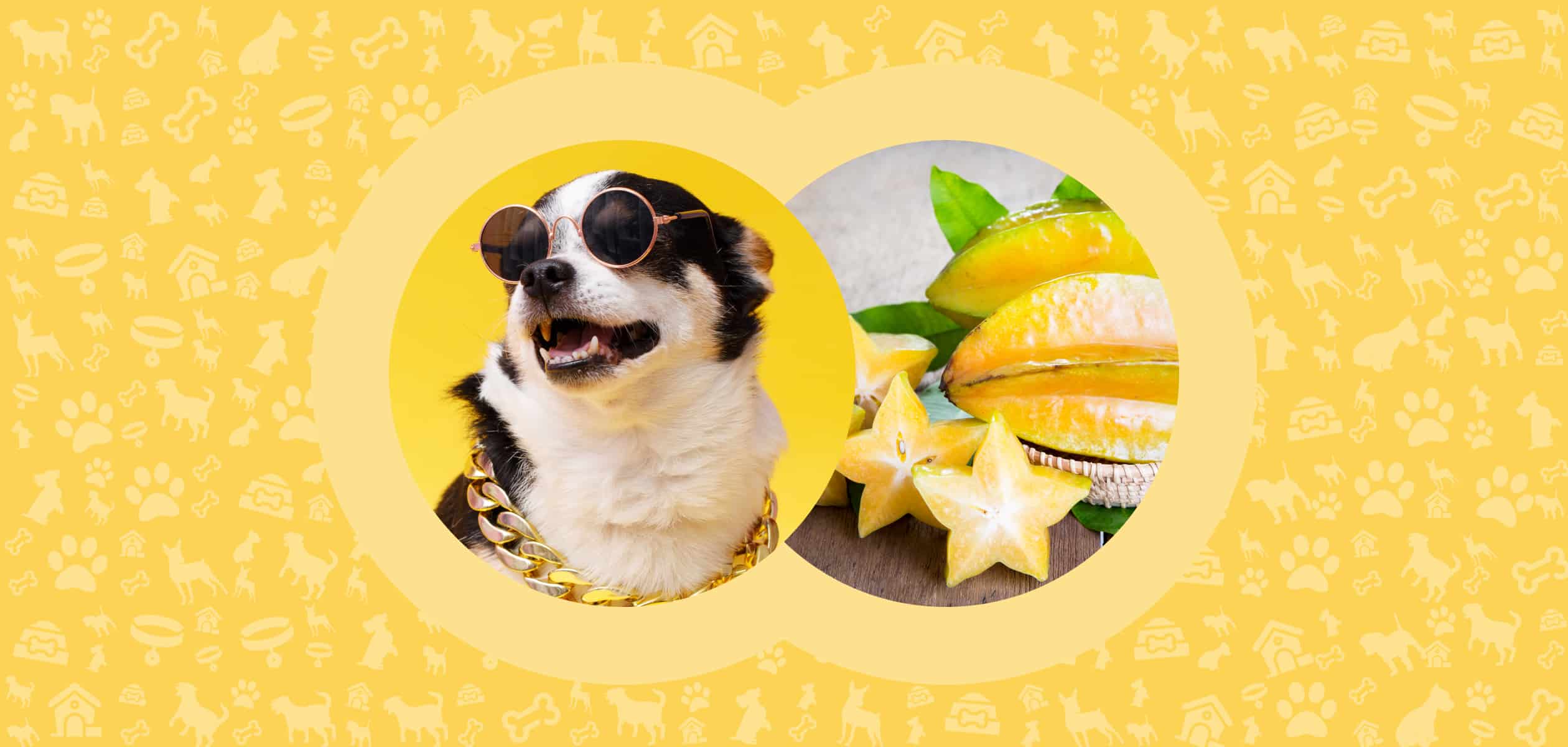
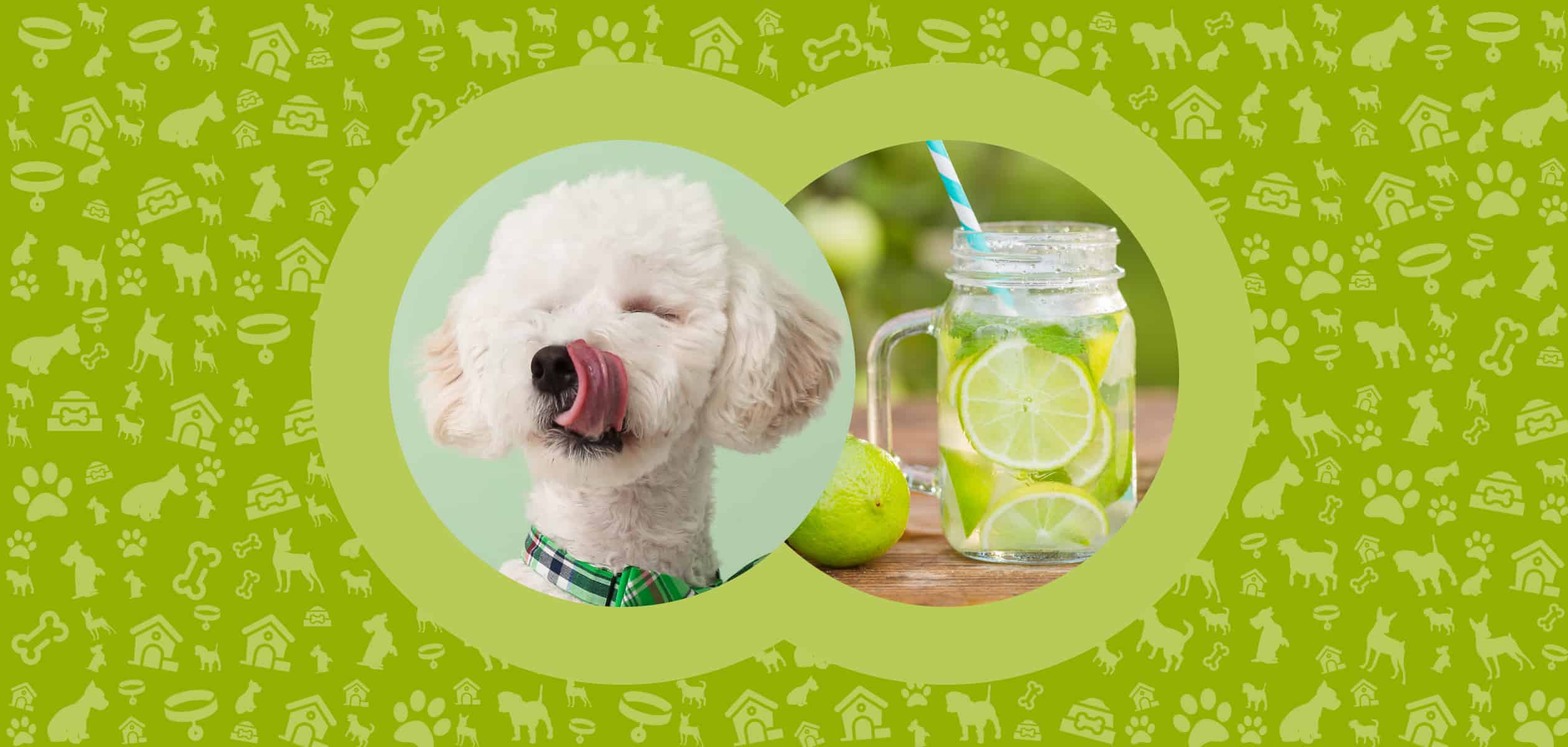
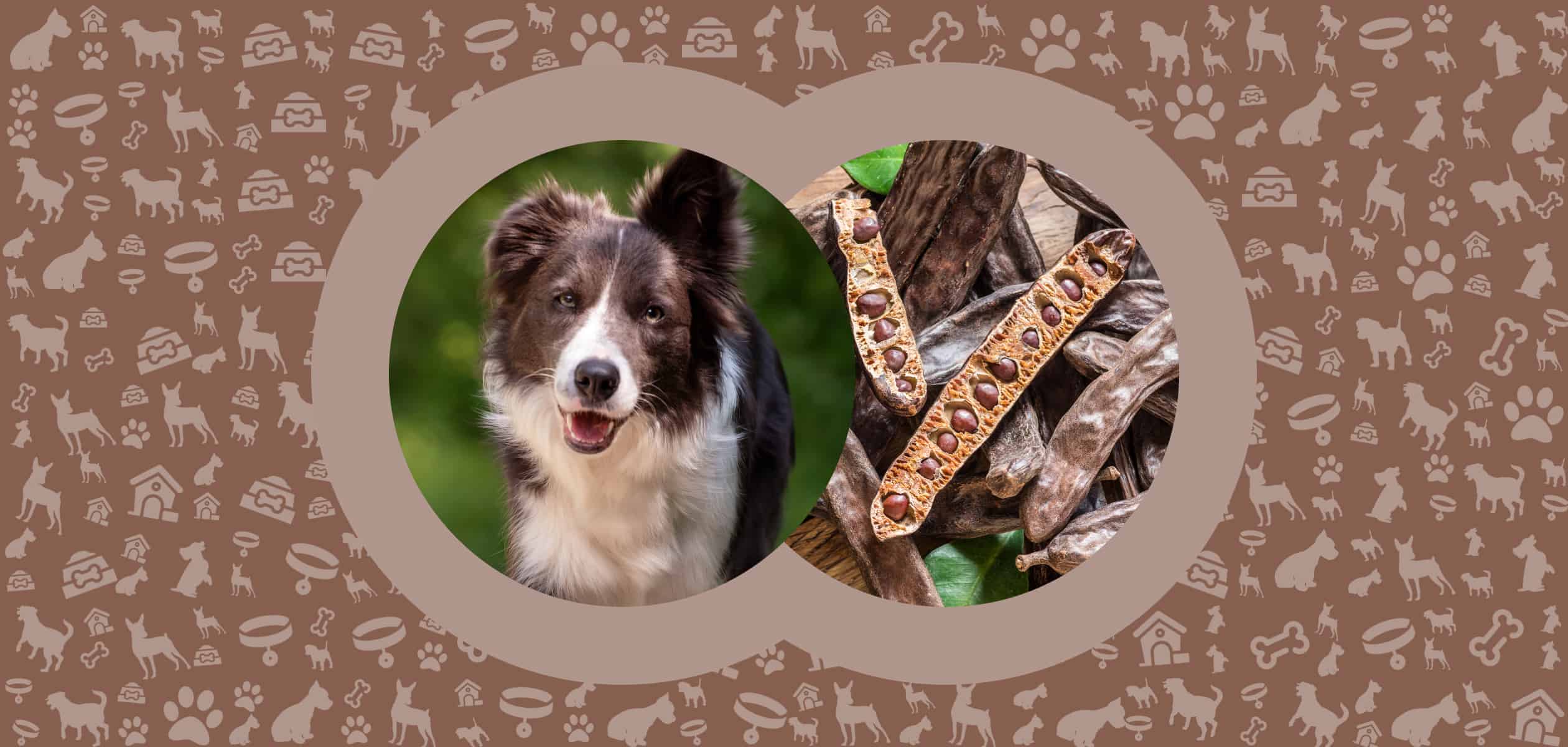
Leave a Comment